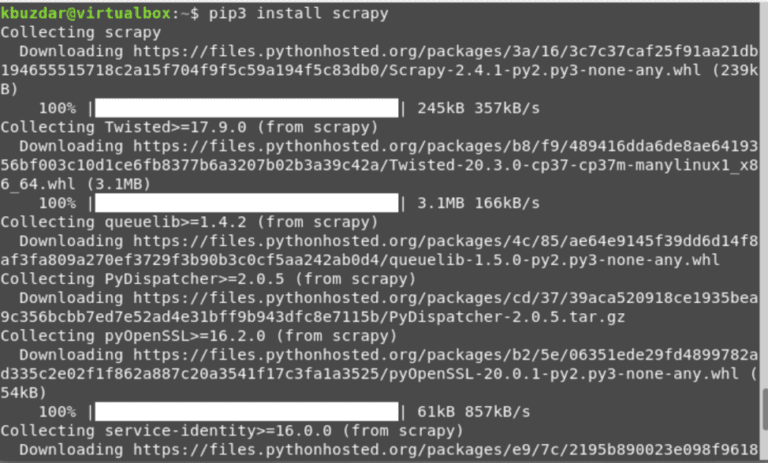
This can be useful if you want to learn more about a specific package before you install it on your system. You will see all the available information about the Django package. To show all the information about a specific package, run the following command: pip3 show

Now, to search for a specific package, you can use the site.įor example, if you want to find information about the Django web development framework, go to and type django in the search field and you will see a list of matching packages. However, that is no longer an option since this option makes DDOS attacks on the PyPI server easier. If you want to search for a specific package, you previously could have used the pip search subcommand. Now you have PIP installed on your system, let's see how to use it.

At this time of writing, the latest stable version is pip20. To verify that the installation was successful, check the pip3 version: pip3 -version Then install the pip3 packages: sudo apt install python3-pip -y To distinguish pip in both versions, the package was named pip2 for Python 2 and pip3 for Python 3.ĭebian 11 only comes with Python 3 installed by default, so you need to install pip3 here.įirst, update the list of available packages: sudo apt update Python used to offer Python versions 2 and 3 simultaneously in previous Debian versions. This article will show you how to install PIP on Debian and the commands for using PIP to manage Python applications. And for that, you need to install PIP first.

You'll often find Python applications that can be installed using PIP. Pip is a package management system that simplifies the process of installing and managing software packages written in Python.


 0 kommentar(er)
0 kommentar(er)
